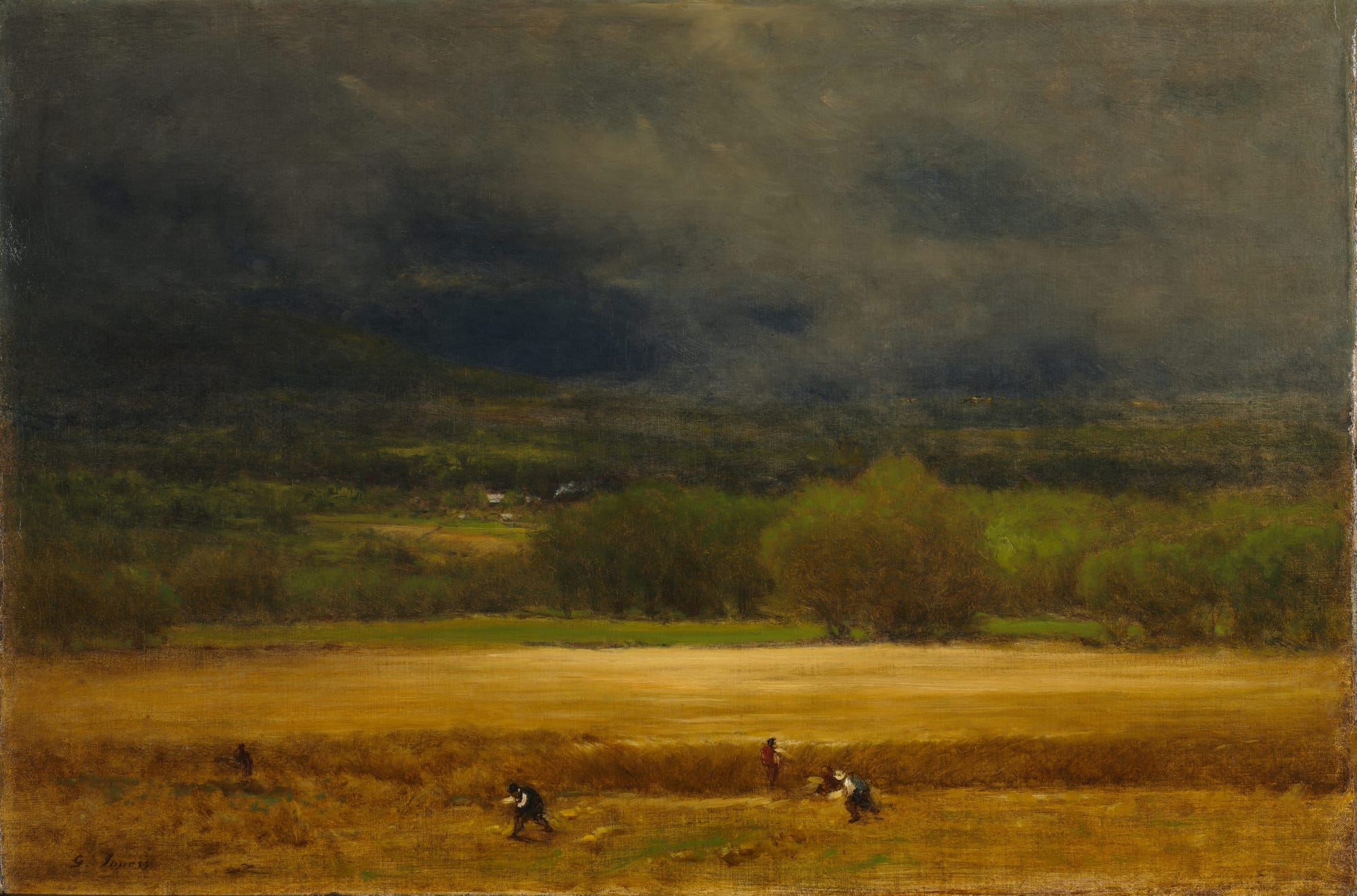Ethical Flour, part two

I was really pleased with the response to my post about “ethical flour” last week. It got easily the most comments on a single post yet here, and everyone who chimed in gave such thoughtful responses and useful information. I’m working on compiling a list of your favorite flour resources, but in the meantime, anyone looking to find a miller near to them should check out the comprehensive one that Jim Challenger has on the Challenger Bread Pan web site, to which he’ll be adding any of your suggestions that aren’t already on it.
I did want to follow up with some additional thoughts, after having had a few private conversations with friends on the subject and mulled it over some more.
To begin with, I wanted to make it clear that my feelings on the subject were and are fluid. What I wrote for Alicia’s post and here last week came from a place of uncertainty, and I’m still there. While “ethical” is a more useful descriptor for these flours, I’ve decided that calling them fancy is not wrong either. Given their price point relative to supermarket flours, they are indeed a luxury item that is going to be out of reach for many people, some of whom struggle to put food of any kind on the table. (They are also fancy in the positive sense, in that they offer something special to a baked good that more quotidian flours cannot.)
And while using ethical flours can have positive outcomes for our environment and for the workers who grow and produce them, doing so doesn’t directly address the issues of hunger, poverty, and food insecurity. So while I want to encourage you to use ethical flours in your baking if you can, if you care about solving these particular problems, the solutions are going to need to come from elsewhere. Getting daily bread on the tables of everyone requires direct action that merely switching up your choice of flour cannot provide.
This is one reason I’m now pledging to donate 10% of the proceeds from newsletter subscriptions to The Greater Boston Food Bank and Food for Free, two local organizations working to lessen food insecurity in my area. And it’s why I am excited about programs like Community Loaves and the community fridges that have popped up everywhere since the lockdown began. (I’m about to start baking weekly sandwich loaves to put into the one we have in our neighborhood.)
To be clear, I’m not trying to shame anyone into using better flours or doing more to reduce hunger. Shame is not a particularly useful emotion for solving problems. I’m only asking you to perhaps think about these questions when you reach for a bag of flour or bake a loaf of bread for yourself.

Another thing I wanted to make clear was that I definitely don't consider all supermarket flours identical in their “ethicality”, or lack thereof. (I added a postscript along these lines after I hit send on last week’s post, but wanted to be sure you all saw it.) There are actually supermarket brands that you can feel good about using in your breads, even as you start to add more local/ethical/fancy flours into your baking repertoire.
Both King Arthur Baking and Bob’s Red Mill are 100% employee-owned corporations with a commitment to using sustainable, non-GMO grains, and to a diverse and equitable workforce. And Arrowhead Mills, which sells only organic flours, also has a clear commitment to sustainable growing practices and a limited carbon footprint.
Finally, I still believe there is a need to come at the problem from the other side, as I suggested in what I wrote in Alicia’s post. For some, even supermarket brands of flour like King Arthur and Bob’s Red Mill might be too “fancy” to afford, or not available at their local supermarket. I’d still want people for whom even these flours are inaccessible to be able to make great bread, and I hope to give them the tools to do so.
—Andrew





Member discussion